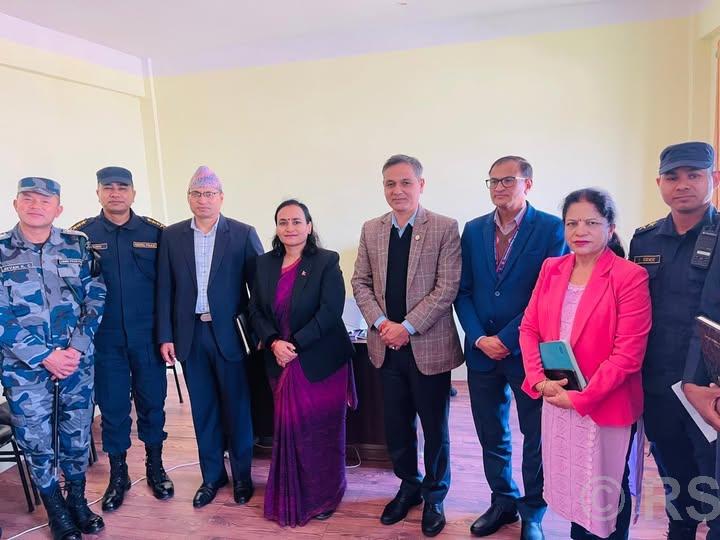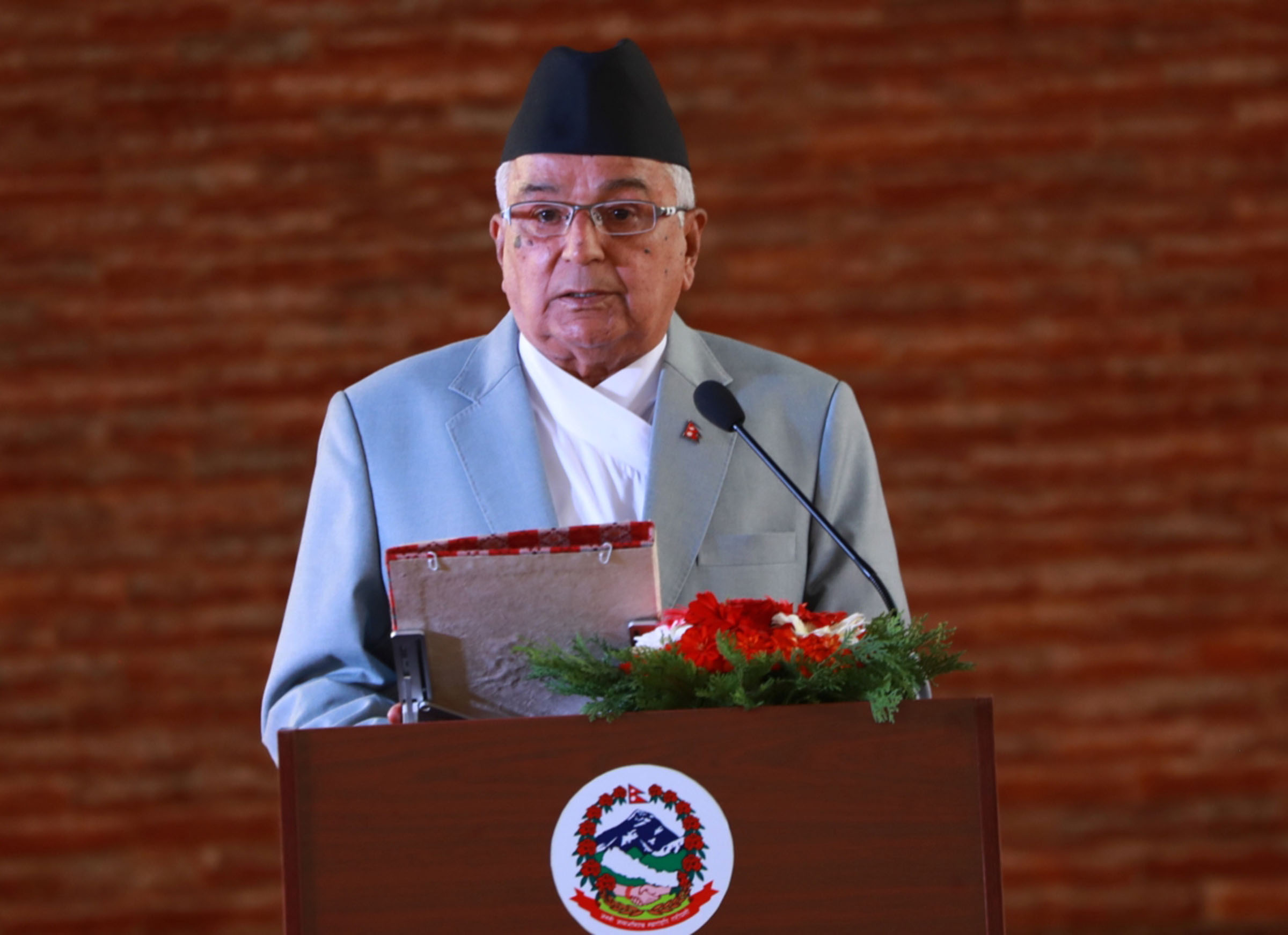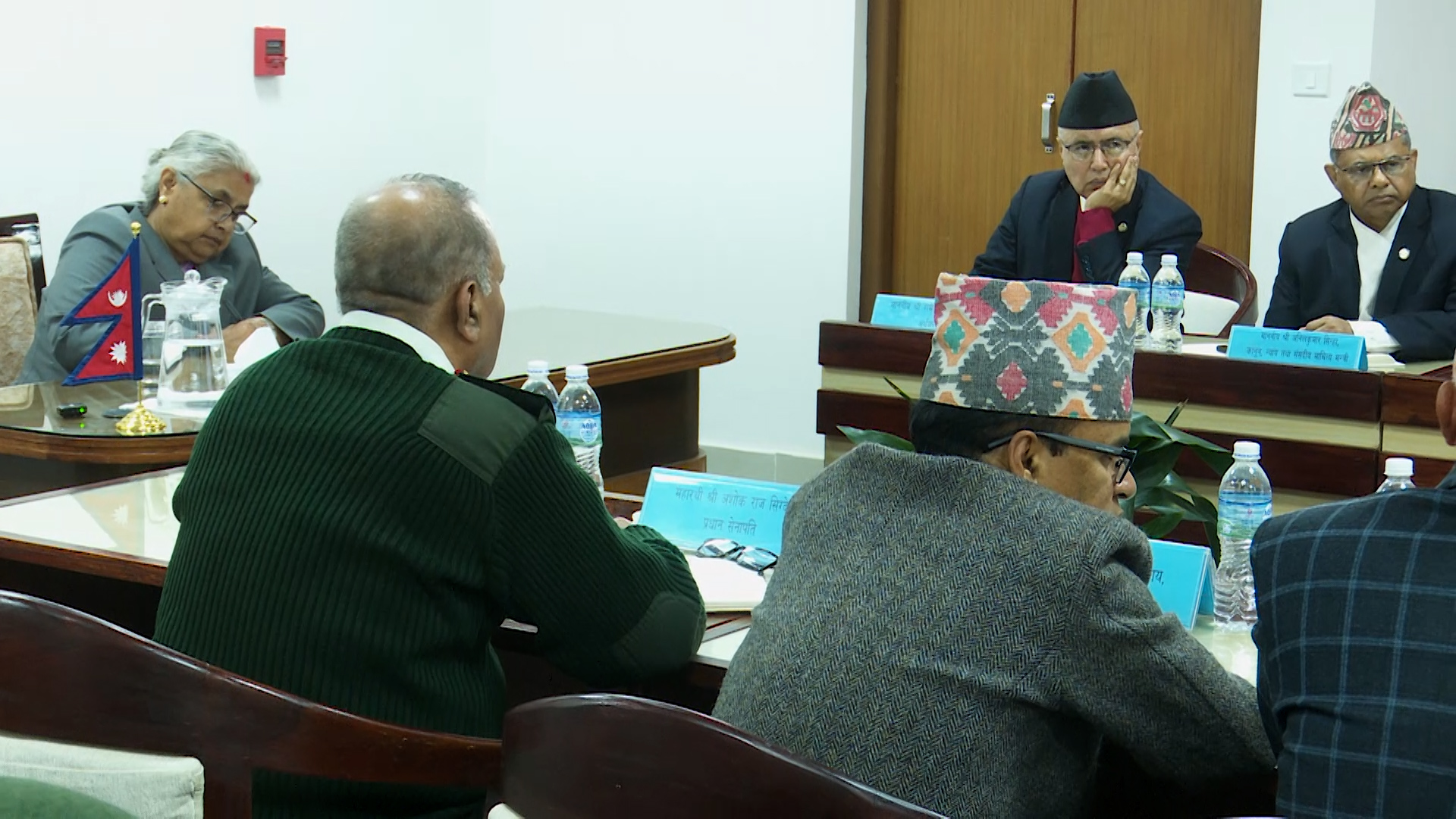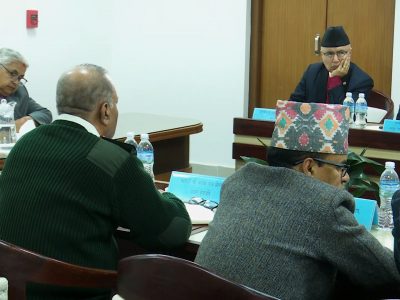Kathmandu Metropolitan City Enforces Producer’s Responsibility for Waste Management

Kathmandu, Feb 20: Kathmandu Metropolitan City (KAMPA) has taken a decisive step towards enhancing waste management practices by emphasizing the responsibility of producers in handling infected, chemical, and harmful waste.
In accordance with the Environmental and Natural Resource Protection Act 2077, KAMPA has invoked Section 20, which mandates that producers take the lead in processing and managing various categories of hazardous waste, including health institutional, chemical, and industrial waste.
Sunita Dangol, Deputy Chief of KAMPA, emphasized the need for tangible improvements in the urban environment, urging waste producers to acknowledge their responsibilities and fulfill their civic and legal obligations by adopting sustainable waste management practices.
In line with this initiative, KAMPA has initiated rigorous monitoring of hospital waste management over the past week. Dangol highlighted the heightened risk posed by hospital waste, underscoring the imperative for its proper management.
Furthermore, KAMPA has issued public notifications urging the classification, processing, purification, and proper management of hospital waste. The aim is to ensure that hazardous waste is handled with utmost care and in accordance with established protocols.
Under the Local Government Operation Act 2074, local governments, including KAMPA, have been vested with the authority to regulate and oversee sanitary waste collection, reuse, processing, and disposal, along with the imposition of service fees. Additionally, provisions empower local governments to impose fines on health institutions failing to adhere to proper medical waste management practices.
KAMPA’s proactive measures reflect a concerted effort to safeguard public health and the environment while promoting sustainable waste management practices across Kathmandu Metropolitan City.
Facebook Comment
latest Video
Trending News
- This Week
- This Month

















